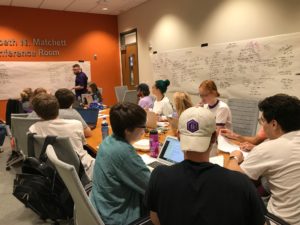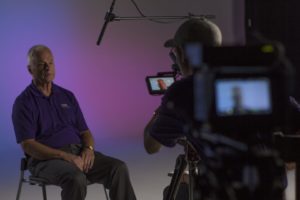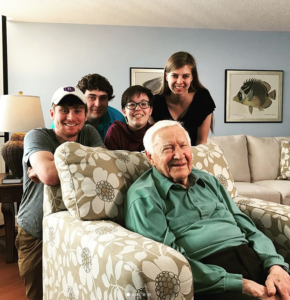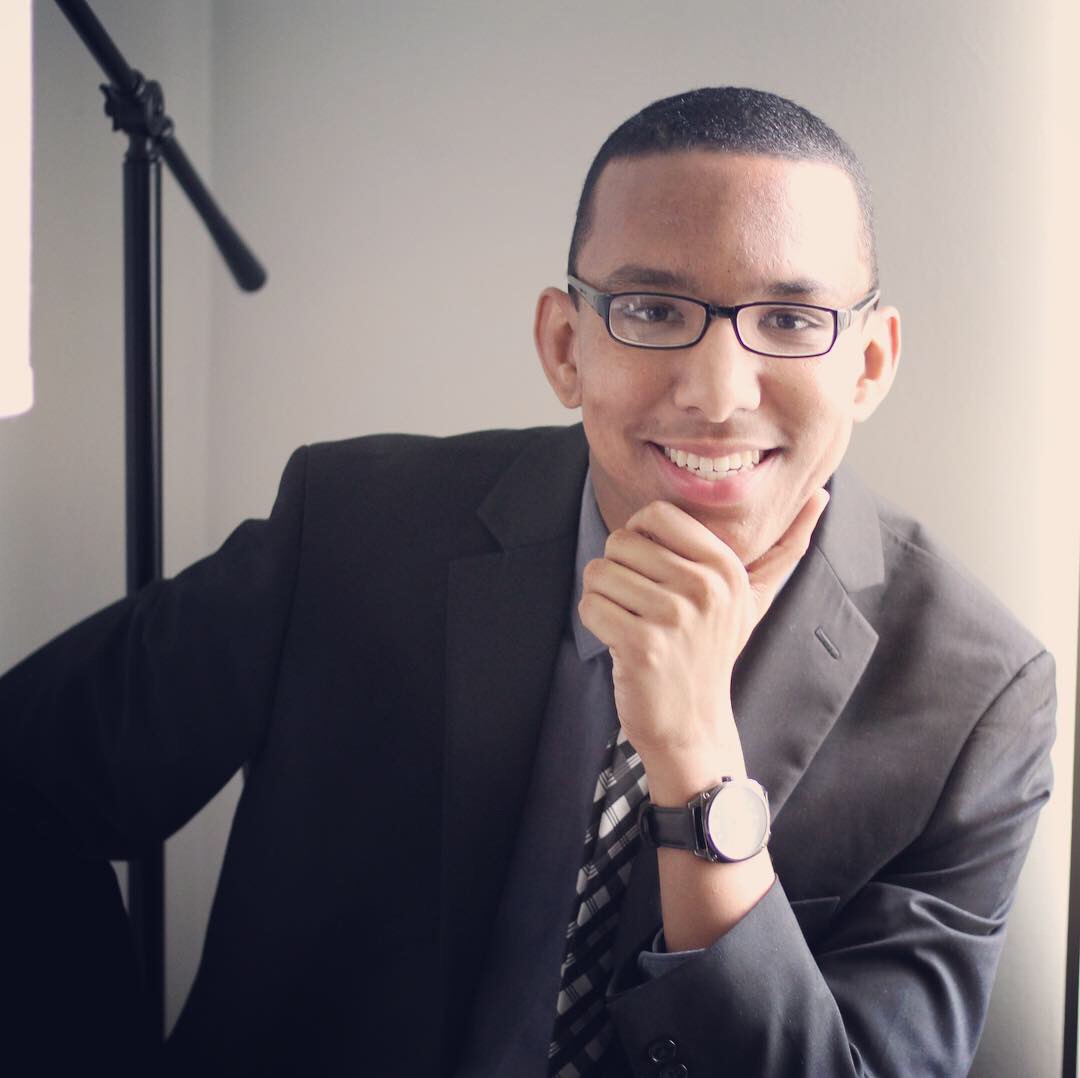There are many exciting class projects going on across campus, and a notable project that is underway is called “Capital in The Sixties,” which is being conducted by the immersion class. This project examines Capital from 1965 to 1975, which was a major cultural time period for the world, and the university as well.
Grand media productions such as this are nothing new to the immersion class. The class works on a different media-related project each year, and this is the first year the class has taken on documentary. This is a 400-level media-creation course that often includes a variety of majors. In the past, the course has included majors such as creative writing and business.

Dr. Betsy Pike, the professor overseeing the course this semester alongside Dr. Andrew J. Carlson, discussed the current immersion project and their past works.
“Last year for the class, students created 60-second promotional videos for local businesses in the Main Street Corridor, which is from Nelson Road to Parsons Avenue on Main Street,” she said.
The Main Street Corridor project was completely done by students. From the video productions themselves to the graphic designs of the project’s website, students created everything from the ground up. Dr. Pike then talked about the class’s current project.
“We’ve done interviews with alumni, past presidents, past professors, even past pastors. We’ve really hit a wide range of the Cap family for the documentary’s interviews.”
Some notable figures that they’ve interviewed are Angela Pace, Thomas Langevin, Rev. Robert S. Graetz, and Thomas Moe; each with incredible stories to tell. For instance, Graetz was a Lutheran minister in Montgomery, Alabama when the bus boycotts started in 1955, and he has met Martin Luther King Jr. firsthand. His house was bombed twice by the KKK, and since he was a white pastor of a black congregation during such turbulent times, it has given him unique experiences to talk about in the upcoming documentary.
Angela Pace is a famed news anchor who has become a local legend in communities across Columbus. Thomas Langevin was a former president of Capital University from 1969 to 1979, which was a significant period of social change for the university. Thomas Moe also has some insightful experiences to share.
“Thomas Moe went into Vietnam and was shot down,” said Pike. “He was a prisoner-of-war for five years.”
The fact that students have the opportunity to meet and interview such people is a unique aspect of the class.
“The first thing I did as a part of the class was transcribe an interview,” said Matthew Longfellow, a social studies education major in the immersion class. “It can be time-consuming and rather tedious, but it’s really helpful in finding information later.”
Any major documentary requires a lot of records and information to refer back to. To have good organization, it’s best that all files are transferred into one format. This is where the term digitization comes in, a process that Longfellow elaborates on.

“There’s lots of old newspapers and yearbooks down in the archives of the library,” Longfellow said. “Digitization is the process of taking those and making them accessible on a computer. We’re basically taking some existing non-digital piece of media and making it digital.”
This work takes time, but the output is well worth the amount of time that you put into it. Despite all the challenging work, Longfellow expressed his excitement for the upcoming documentary.
“What this project means to the university is exciting. We’ve had a lot of great support. It’s exciting as a historian when you aren’t just repeating history that is known, but when you’re actually discovering history. That’s what we’ve been doing.”




